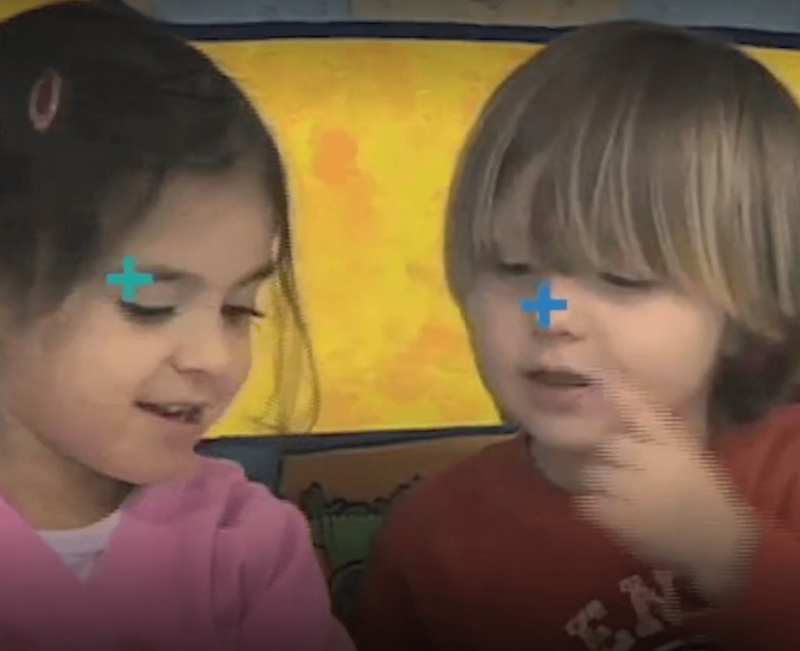How we look at other people’s faces is strongly influenced by our genes, scientists have found in new research that may be especially important for understanding autism because it suggests that people are born with neurological differences that affect how they develop socially.
The study, adds new pieces to the nature-versus-nurture puzzle, suggesting that genetics underlie how children seek out formative social experiences like making eye contact or observing facial expressions. Experts said the study may also provide a road map for scientists searching for genes linked to autism.
…
In the study, scientists tracked the eye movements of 338 toddlers while they watched videos of motherly women as well as of children playing in a day care center. There were also 88 children with autism.
…
With the children with autism, the researchers found that, compared with typically developing toddlers, they spent significantly less time looking at faces and more time looking at objects.
…
Because the study shows that a social behavior that is significantly different in children with autism is strongly influenced by genetics, it might help scientists home in on specific genes to better understand autism or at least a key autism characteristic.
The GLP aggregated and excerpted this blog/article to reflect the diversity of news, opinion, and analysis. Read full, original post: Study of How We Look at Faces May Offer Insight Into Autism































